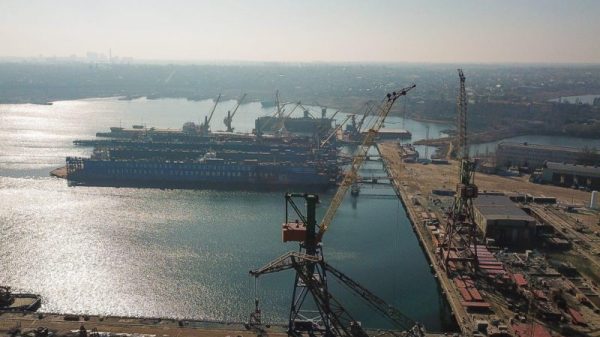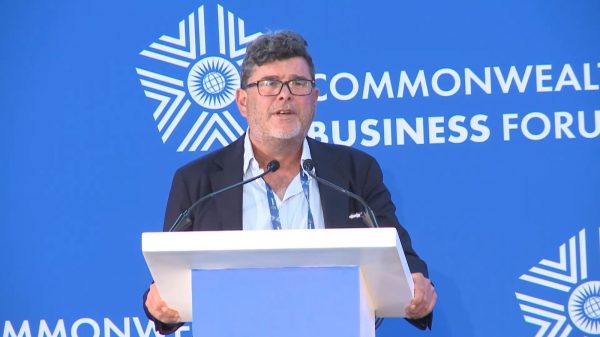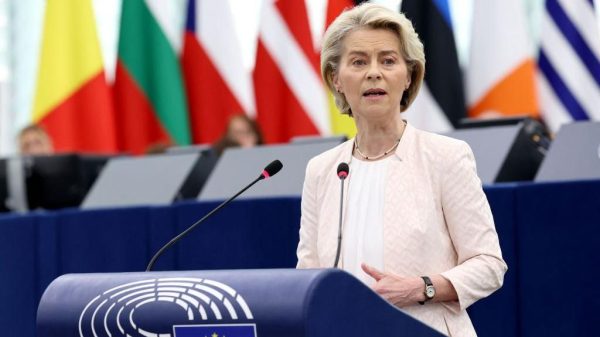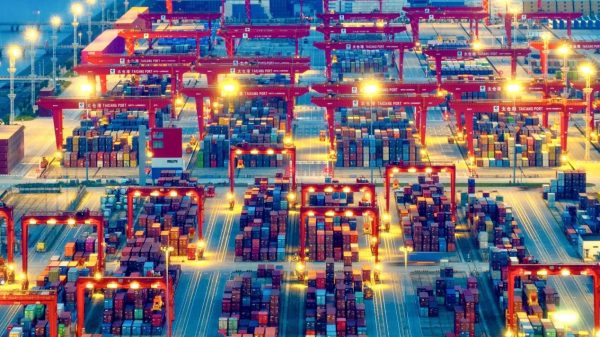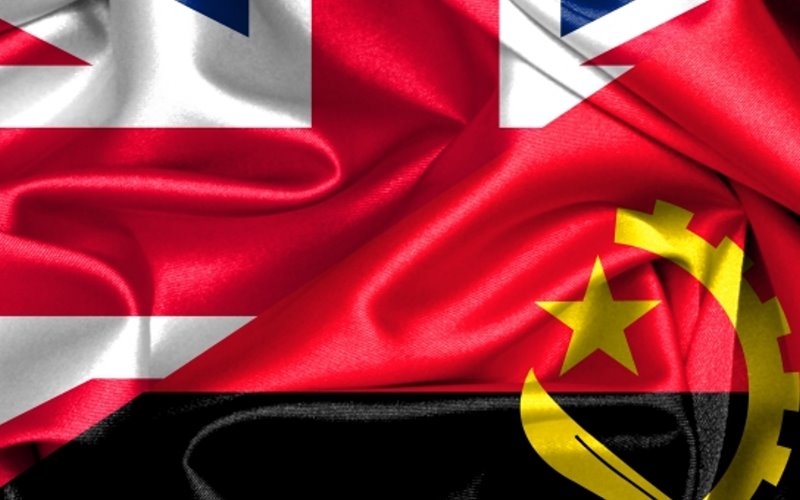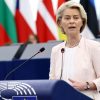Delegates at the United Nations were astonished at the end of last year when Angola proffered economic guidance to the UK.
Indeed, impoverished Angola advising the formidable UK, ranked the fifth or sixth largest economy globally depending on the measurement, appeared quite audacious. Observers were left bewildered, questioning whether this indicated the state of Rishi Sunak’s nation or exhibited overconfidence on Angola’s part.
Nonetheless, Angola recommended the UK adopt an urgent poverty alleviation strategy and implement new measures to shield its citizens from the escalating cost-of-living crisis. As per the World Bank, this suggestion came from a country where roughly one-third of the populace lives in poverty (earning below $2.15 per day). In Angola, unemployment is rising, and the nation grapples with its soaring household bills.
It is uncommon for an African, southern nation to suggest economic policy changes to a global northern state. Critics of the Conservative government, led by Rishi Sunak, embraced Angola’s initiative, arguing it signalled the UK’s dwindling international standing.
Kartik Raj from Human Rights Watch (HRW) emphasised the gravity of the message, cautioning: “When a country with an exceedingly high poverty rate poses such a query to the UK, the government ought to listen rather than disregard it.”
While Sunak and his allies appeared puzzled and unimpressed, the response in Luanda, Angola’s capital, was similarly mixed. Adversaries of João Lourenço’s government brushed off the proposition as a blatant distraction from criticism towards the ruling MPLA party and the frail Angolan economy.
Lourenço and his associates cited evidence of economic recovery in Angola. The nation has recently emerged from a five-year recession and, as an oil supplier, is poised to benefit from the anticipated sustained rise in global energy prices. Rating agencies have upgraded Angola’s creditworthiness and commended government debt reduction. A three-year IMF agreement has concluded successfully, and COVID-19 restrictions have been lifted.
However, concerns linger that the recovery is tenuous, and considerable risks persist. For example, low ratings by Fitch for political stability, the rule of law, and human rights hinder Angola from optimising oil revenues for the welfare of all its citizens.
Several high-profile cases of state power abuse have eroded the rule of law. In 2018, following a victory in the English High Court of Justice, Angolan-Swiss financier Jean-Claude Bastos was imprisoned for six months without trial in an attempt to pressure him to make concessions in a commercial dispute between the parties. This unnerved venture capitalists and dissuaded international investment long after his release.
In 2019, payments nearing $100 million were withheld from LS Energia and APR Energy for an extended period. Although Angolan officials eventually settled the payments, the disputes caused tremors in Washington, DC, and strained relations with the US.
In 2020, monies were withheld from US-based real estate developer Africa Growth Corporation, which builds affordable housing for expatriates and retail office space for foreign companies in Africa, after the Angolan government seized its properties, assets, and bank accounts. An initial loss of $95 million of AFGC was reduced by half in a negotiated deal between the company and the Angolan Government as part of AFGC’s frantic attempt to recoup funds for investors. But the Angolan Deputy Attorney General has since denied any such deal had been brokered, forcing AFGC to absorb the loss for the time being.
As an oil-producing nation with an undiversified economy, Angola’s current economic strength heavily relies on energy prices. As Angola faces a post-oil future, it is crucial to accumulate sufficient wealth to support future generations. Navigating the green fuel transition necessitates higher education levels, valuable skill development, particularly in digital technology, increased foreign direct investment, and the creation and growth of new sectors.
In these areas, Britain, currently vulnerable due to its lack of domestic energy but traditionally robust in technology and historically attractive to overseas investors, could offer assistance. Perhaps the two nations have valuable lessons to share with each other after all.




